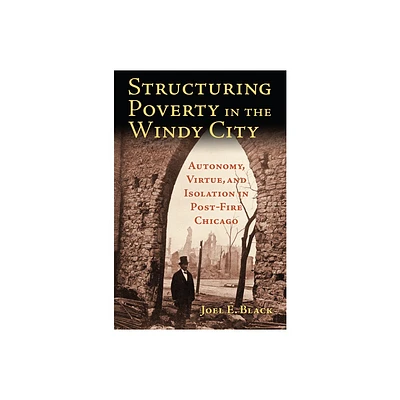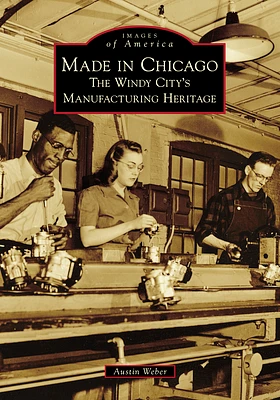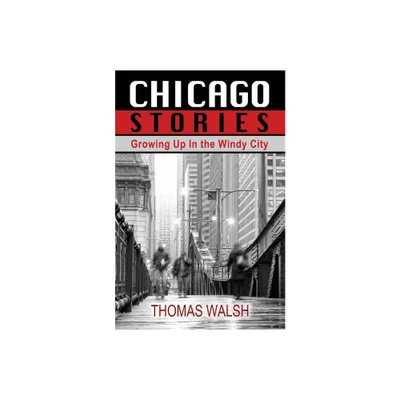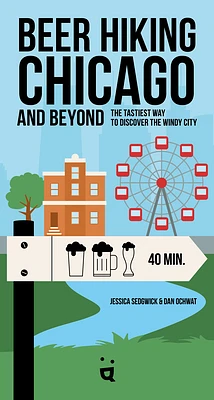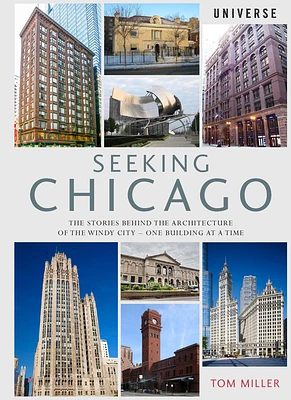Home
Structuring Poverty the Windy City: Autonomy, Virtue, and Isolation Post-Fire Chicago
Loading Inventory...
Barnes and Noble
Structuring Poverty the Windy City: Autonomy, Virtue, and Isolation Post-Fire Chicago
Current price: $69.99


Barnes and Noble
Structuring Poverty the Windy City: Autonomy, Virtue, and Isolation Post-Fire Chicago
Current price: $69.99
Loading Inventory...
Size: Hardcover
*Product Information may vary - to confirm product availability, pricing, and additional information please contact Barnes and Noble
The Great Chicago Fire in October 1871 destroyed 2,600 acres and left tens of thousands without housing, food, fuel, or clothing. In the aftermath the mayor handed all relief duties to the commercial elite at the Chicago Relief and Aid Society. This was, as Joel E. Black's provocative study shows, a critical decision--one that ensured that Chicago's physical rebuilding would be coupled with an equally ambitious rebuilding of the city's poor, as reformers, social scientists, and journalists set out to interpret and define Chicago's jobless, wayward, and migrating populations. What emerged from this effort was a new form of social and quasi-governmental authority based on poverty--a web of political and legal theories and practices rooted in the conditions of the poor. This authority is the subject of
Structuring Poverty in the Windy City
. In the decades after the Chicago Fire, the process begun by the Relief and Aid Society would expand outward--from jobless men to workingwomen to southern African American migrants, each defined by, and defining, poverty. Drawing on local newspapers, magazines, commissions, and legal decisions and documents from archives in Chicago, Black tells the stories of "tramps," sex workers, and migrants caught within the structures of poverty; he also describes the legal and social order compelling their reform to the strictures of that selfsame order. As it reveals the central role of the impoverished in the creation of a legal order, Black's book stresses the effect of social ideas on legal thinking, which was reflected in the policies of the New Deal and, even now, in the politics of poverty and social engineering.
Structuring Poverty in the Windy City
. In the decades after the Chicago Fire, the process begun by the Relief and Aid Society would expand outward--from jobless men to workingwomen to southern African American migrants, each defined by, and defining, poverty. Drawing on local newspapers, magazines, commissions, and legal decisions and documents from archives in Chicago, Black tells the stories of "tramps," sex workers, and migrants caught within the structures of poverty; he also describes the legal and social order compelling their reform to the strictures of that selfsame order. As it reveals the central role of the impoverished in the creation of a legal order, Black's book stresses the effect of social ideas on legal thinking, which was reflected in the policies of the New Deal and, even now, in the politics of poverty and social engineering.
